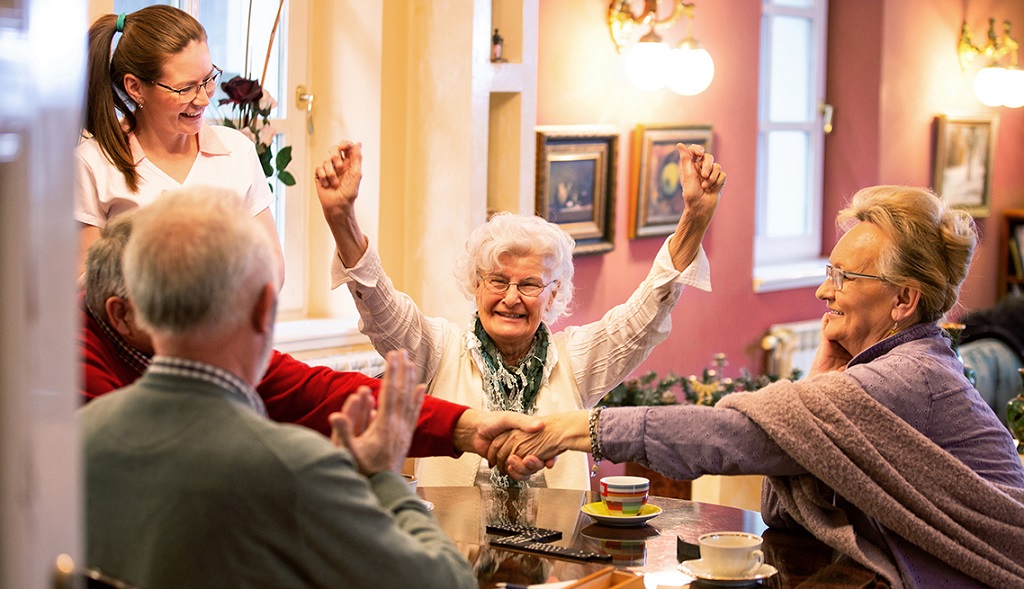How Assisted Living Facilities Provide a Safe and Secure Environment for Aging Adults

Many seniors who move into an assisted living community find their quality of life improves. They no longer have to worry about cooking, cleaning, or maintaining a home.
Safety First
Falling is one of the most common causes of injury for seniors, and it can lead to fractures, broken bones, lacerations, hospital stays, and even death. Many assisted living facilities are designed to reduce fall risks by providing safe flooring, flat thresholds, and hand railings. They also offer raised toilets and specially designed walk-in showers.
Communities also provide reliable transportation to help residents visit shopping centers, doctor appointments, and events. This helps eliminate the risk of driving and navigating snow, rain, or other weather hazards that seniors might encounter while living at home.
24 Hour Care
Many assisted living facilities offer 24-hour care. Caregivers are bonded and insured to ensure the safety of their charges. They are also required to take a break every 12 hours so they can sleep during that time. Most facilities, such as the Sarasota assisted living, provide meals, housekeeping, transportation, and social programs. Some offer specialized memory care, sometimes called dementia services. Some facilities also offer on-site physical therapy and occupational and speech therapy. Ask about these services when visiting a facility. Also, ask about their suggestion, complaints, grievance procedures, and whether they have resident and family councils.
Medication Management
Many seniors rely on multiple medications, and mismanagement of these medications can have severe or even fatal consequences. Assisted living facilities help ensure your loved one receives the correct dosage and takes their medication properly with daily reminders. Additionally, some communities offer pharmacy consultation services where residents are given on-site or remote consultations with a pharmacist to review their drug regimens and monitor side effects. This gives residents more control of their medication management and improves overall health outcomes.
Medication management is a key reason many seniors move into an assisted living community. Assisted living communities can also offer automated compliance medication packaging and barcoding technology to reduce errors, simplify dispensing and delivery, and boost resident safety. These technologies can be implemented with minimal disruption to staff schedules and workflow.
Respite Care
Caring for an elderly loved one full-time is a big responsibility that can quickly become overwhelming, especially when other family, work, and personal matters demand your attention. Respite care services can help relieve stress and give caregivers a much-needed break from their duties. Services that provide respite care may include adult daycare programs, in-home care, or care at a senior living facility. Some respite care options are covered by long-term care insurance or Medicaid. Dependent care flexible spending accounts and Medicare Advantage plans may also help mitigate costs by covering a portion of these services.

